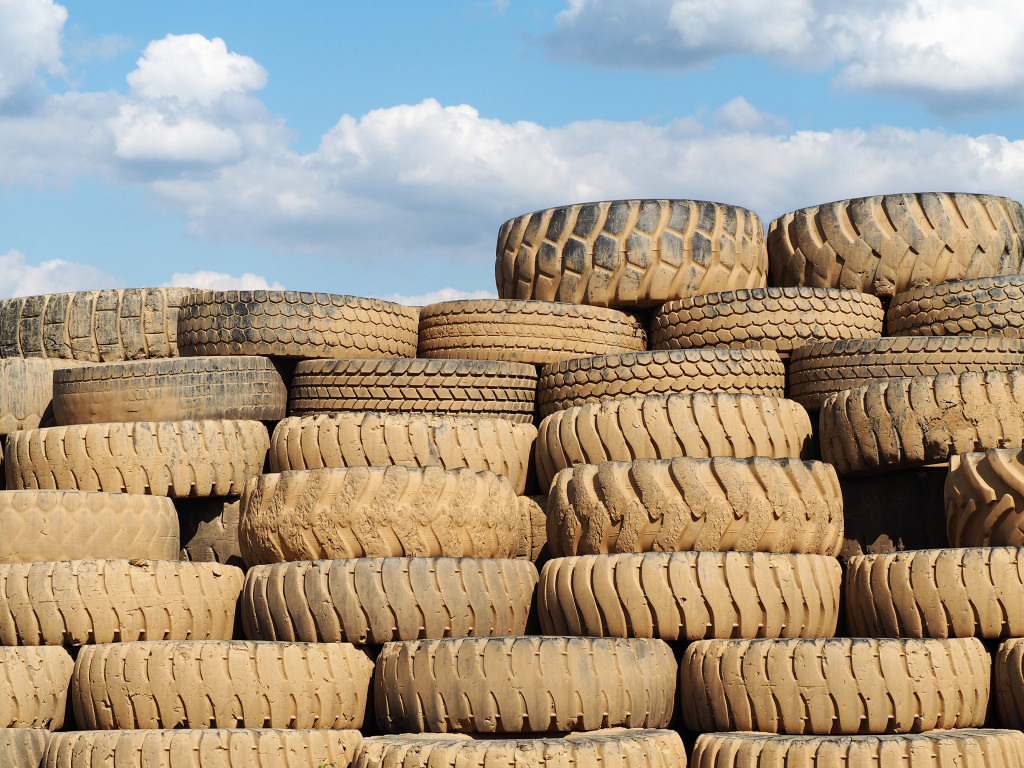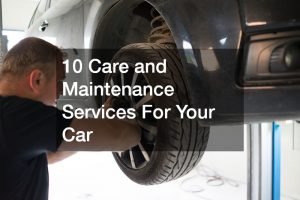• Automotive waste, such as motor oil, brake fluid, and antifreeze, can contaminate soil and water if not disposed of properly.
• Improper disposal of these hazardous chemicals can lead to air pollution, damage ecosystems, and present a fire hazard.
• To ensure safety and reduce environmental impact, used motor oil, oil filters, batteries, coolant, and antifreeze should be collected in a suitable container and taken to an authorized recycling center or auto parts store.
• Tires should also be recycled rather than discarded in the environment or left unused in one’s garage.
For automobile enthusiasts and casual vehicle owners alike, properly maintaining and servicing your car is a natural part of ownership. Besides keeping your car in top shape, paying attention to how you dispose of the various wastes from this process is crucial. Automotive waste can severely impact the environment, potentially contaminating groundwater, soil, and air.
The Risk of Hazardous Waste
Since motor oil, brake fluid, and antifreeze are hazardous wastes, they must be disposed of appropriately. Improper dumping can lead to the following risks:
Contamination of Soil and Water
When car fluids like oil, coolant, and transmission fluid are dumped directly into landfills or seep into the ground, they can contaminate the soil and groundwater supplies. This can also reach nearby drinking water sources and harm public health.
Damage to Ecosystems
Automobile waste can be toxic to plants and animals in the environment. If these toxic chemicals are not properly disposed of, they can accumulate in the surrounding environment and harm ecosystem health and the animals that rely on them.
Fire Hazard
Automobile waste, such as used oil or brake fluid, can be flammable and may ignite a fire. If left improperly stored, discarded waste oil has the potential to contaminate soil and water if a fire occurs.
Air Pollution
The improper disposal of automobile waste can cause air pollution, harming human health and the environment. When these chemicals are burned or evaporated, they release hazardous gases into the air that can cause respiratory problems and other health issues such as asthma and cancer.

Best Practices
A conscious effort to reduce and dispose of automotive waste is essential to protecting the environment. Here are some tips on how to do so:
Used Motor Oil
Motor oil is essential for lubricating and maintaining a vehicle’s engines, but over time, it becomes less effective due to contaminants and other substances. When it’s time to change the oil, be sure to collect the used oil properly. Use a suitable container or drain pan to capture the oil safely and store it in a sealable, leak-proof container.
Never pour used motor oil down drains or on the ground, as it can contaminate water and soil. Locate a local recycling center, auto parts store, or mechanic that accepts used motor oil for recycling, as used oil can be cleaned and repurposed.
Oil Filters
Along with used motor oil, oil filters accumulate waste over time and require disposal. Once the oil filter is entirely drained, place it in a sealable, leak-proof plastic bag or container. Many recycling centers and auto parts stores that accept used motor oil also accept oil filters. Proper recycling of oil filters ensures reduced landfill waste and resource conservation, as the metal components of the filter, can be reused.
Batteries
Lead-acid automotive batteries contain toxic and corrosive substances like sulfuric acid and lead. When it is time to replace your battery, proper disposal is essential. Many auto parts stores and recycling centers have battery take-back or exchange programs, helping to ensure that these hazardous materials are managed safely. Sometimes, these programs offer a cash incentive or discount on a new battery.
If you own an electric vehicle, disposing of its lithium battery is slightly different. Li-ion batteries have the potential to catch fire and release toxic fumes if not properly disposed of. The lithium battery bucket is the best way to safely store and transport lithium batteries. This specially designed bucket is made from a fire-resistant material and has vents to release the buildup of gases. You can then take the bucket to an authorized recycling center for proper disposal.
Coolant and Antifreeze

Used coolant and antifreeze are also common automotive waste products. Care must be taken not to spill them onto the ground or pour them into a drain, as they can contaminate water supplies and pose a danger to wildlife.
Collect the used coolant in a clean container and seal it tightly. Check with your local recycling center or auto parts store regarding disposal or recycling options. The handling regulations and accepted disposal methods may vary depending on your location.
Tires
Worn or damaged tires should never be discarded in the environment or left unused in your garage, as they can be a breeding ground for mosquitoes and rodents. Instead, consider proper recycling options that are widely available. Most tire retailers, recycling centers, and community waste management programs accept tires for recycling. Recycled tires can be turned into rubber mulch, playground surfacing, and other products, giving a new life to a worn-out item.
Owning a car is more than just owning an asset—you are responsible for ensuring that the waste generated from car servicing and maintenance does not harm the environment. Following the best practices outlined above can help reduce automotive waste and protect the environment for future generations.







